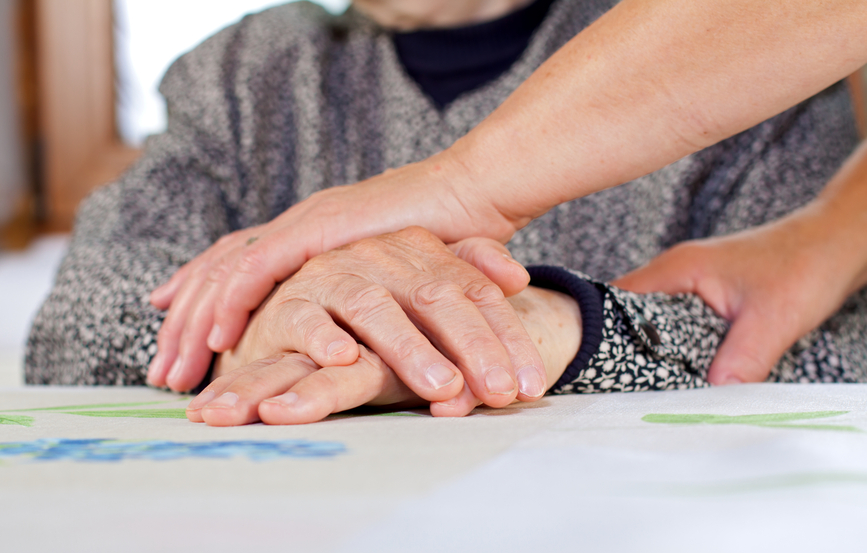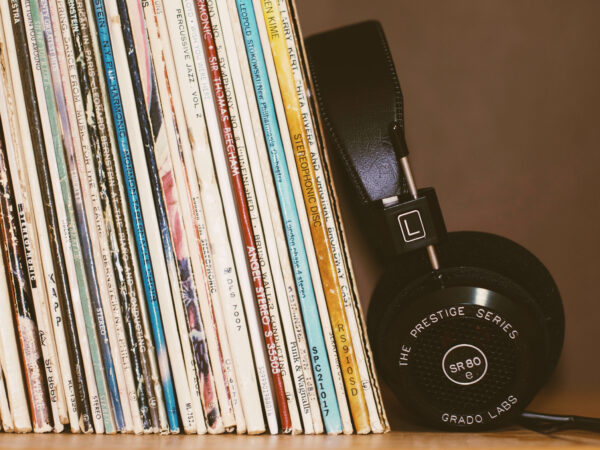It’s the news we hope never to receive, young or old, a terminal diagnosis from a trusted physician; when medical science has done all it can and one must face death with full knowledge of the slow decline on the horizon. Death is a process and wish as we might that we will pass peacefully in our sleep or go quickly and suddenly, this end rarely find us.
But what can caregivers do to assist a loved-one through this often frustrating, emotional and painful process? How can loved-ones help construct a better death?
Once a family gets through the crisis stage following a diagnosis of terminal illness, past the anxiety, feelings of injustice, guilt or anger, an impending death can pull loved-ones together to navigate the medical, legal, and emotional mazes created by impending death.
Help for Caregivers
- Remember the loved-one is still the same person; focus less on the illness, more on the individual and their needs and desires
- Ask the loved-one what they want – some may want family nearby while others are more private
- Be willing to listen but don’t try to be a counselor
- Employ the help of a spiritual or psychological professional – a loved-one may be more comfortable sharing their fears outside the family
- Encourage the sharing of memories
- Help the loved-one live as fully as possible
- As a caregiver, accept help from others and care for yourself as well
Source: Mayo Clinic End of Life Patient Care
Today death is rarely the short and sudden event it once was; living with death changes the way we experience grief and can often significantly alter the lives of friends, families as well as the individual for months and sometimes years.
To learn more about the role caregivers play during the course of a terminal illness, visit the National Institute of Health’s National Cancer Institute’s website at http://www.cancer.gov/about-cancer/coping/family-friends/family-caregivers-pdq#section/_7 .
Food for Thought
Lead singer of the Canadian Band the Tragically Hip, Gord Downie (52), who was recently diagnosed with incurable brain cancer said this in conversation with CBC Music; “I have no illusions of the future. Or maybe it’s all illusion. I don’t know. I’ve always been ready for it.”






Add Your Voice
0 Comments
Join the Discussion